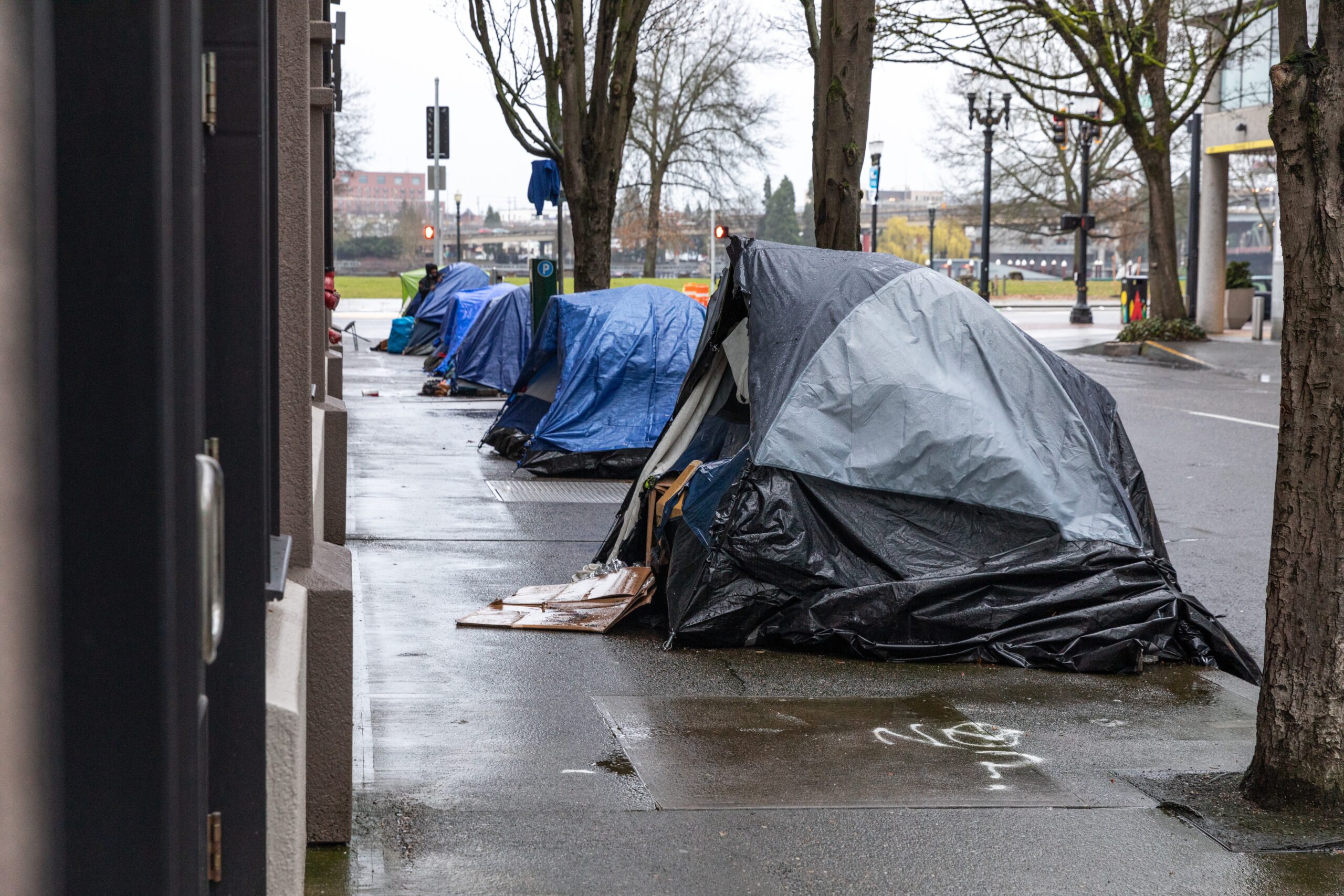Welcome back to the second instalment of our series, “Myth vs Fact: Homelessness in Denver” Part 2. Here is Part 1 if you missed it.
Under the leadership of the newly elected Mayor Mike Johnston, the issue of homelessness has taken center stage in Denver. In a bold move, Mayor Johnston declared homelessness a public emergency and swiftly rolled out a $50 million initiative, aiming to provide transitional or semi-permanent housing for 1,000 people by the end of 2023.
As we delve into this critical area, it’s important to recognize the complexity of Denver’s homelessness challenge as we explore myths, examine facts and shed light on one of the most important issues facing our city today.
Myth: Tiny homes will end homelessness
Fact: While tiny homes have emerged in many states as a promising direction to address homelessness, they cannot eradicate homelessness on their own. In Denver, Mayor Johnston has plans underway to house 120 people before the year’s end in a specially designed micro community. While tiny homes provide immediate shelter and support, they often sustain homelessness in the long run.
Despite their good intentions, tiny homes present a temporary fix rather than a comprehensive solution. They often come at a high cost, serve a limited number of people and can divert resources from more impactful strategies, such as investing in supportive permanent housing programs that address the deeply rooted systemic issues of homelessness.
As part of the Johnston administration’s strategy, micro communities will serve as an initial point of additional shelter for people currently experiencing houselessness while more permanent solutions are being developed and referral pathways are being strengthened. WellPower is working with the mayor’s team to offer guidance and recommendations about what is proven to work best in helping people transition out of homelessness.
Myth: Providing stipends to people experiencing homelessness encourages dependency and laziness
Fact: The Denver Basic Income Project (DBIP) is a 12-month program providing unconditional cash stipends to people experiencing homelessness and has challenged existing stereotypes about financial assistance. Contrary to the misconception that such aid might foster dependency, the data from the program’s first six months tells a different story.
The DBIP began giving cash stipends to around 8,000 people experiencing homelessness in Denver in December 2022. Many individuals transitioned into stable housing, reported a heightened sense of safety and improved mental health. The data from the DBIP, although not comprehensive for a yearlong program, highlights the significant impact that stipends can have on the lives of someone experiencing homelessness in a short period.
Myth: We need to enforce camping bans, otherwise people have no incentive to change
Fact: While camping bans may temporarily decrease the visibility of homelessness, they often do little to address the underlying issues or assist those in need. In 2012, Denver passed the Unauthorized Camping Ordinance, commonly known as the camping ban, which prohibits unauthorized camping on public and private property. The ban was challenged in court and remains a contentious issue.
The number of people experiencing homelessness has continued to grow since the implementation of camping bans. By criminalizing sleeping in public spaces, these bans push vulnerable individuals into the justice system rather than providing essential support they need. A person expereinicng homelessness and mental illness, simply seeking a warm place to sleep, may end up confined in a jail cell for months awaiting a competency evaluation, worsening their already fragile state.
Myth: People can’t escape homelessness unless they are sober
Fact: There’s a prevailing misconception that substance use is the primary cause of homelessness. In Denver, only 27% of the unhoused population is homeless due to substance use. However, it’s crucial to recognize that substance use can also be a coping mechanism for individuals facing the immense stress and trauma of homelessness.
Individuals experiencing homelessness can transition out of the cycle of homelessness even if they are not currently sober. The Denver Supportive Housing Social Impact Bond (Denver SIB) is an approach designed to address homelessness by prioritizing stable housing as the first step, without requiring individuals to meet strict sobriety or treatment conditions beforehand.
By providing stable housing as the foundation, Housing First initiatives such as the Denver SIB provides a foundation and understanding of the root causes and unique challenges faced by individuals. This approach fosters lasting change, stability and promotes well-being within the broader context of systemic change.


